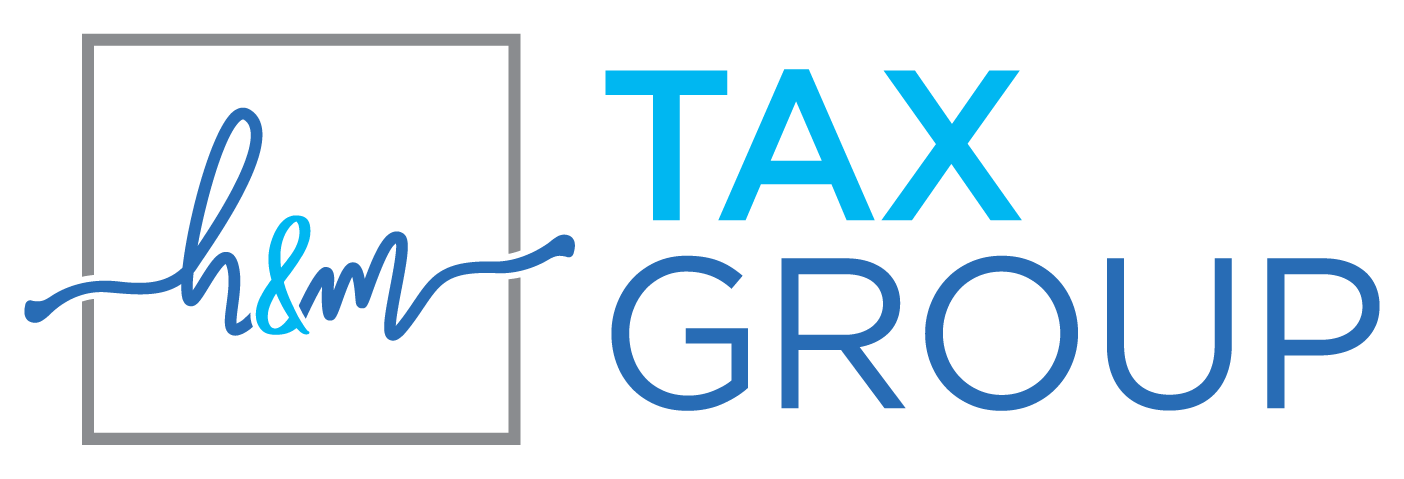Congratulations! Since you’re 59½, you might feel like Santa has given you access to all kinds of sweets and goodies. After many years of your savings in your 401(k) going up and them saying leave it, now, anytime you consider using your retirement funds, you won’t face those early withdrawal penalties!
Let’s quicken pause for a moment, just before you book that dream trip or start driving your new classic, you need to remember one thing: taxes. Even when you’re retired, the IRS thinks it’s time to start dancing with you.
Can you withdraw money from your 401(k) without having to pay a penalty?
Now is the time to celebrate, YES! After your birthday and the 59½ candles, you don’t have to pay the 10% penalty if you take out money from your traditional 401(k). For me, it’s like being able to have dessert first!
However, many people are confused here: not paying penalty fees doesn’t mean you can pay no taxes at all. You can imagine the penalty as a legally required cover charge that still blocks your entry, but it’s no longer imposed.
How This Freedom Might Show Up:
- Once the clock starts ticking, you’ll pay no more than a 10% penalty on withdrawals.
- You can request any amount to withdraw whenever it suits you
- You won’t be required to make a withdrawal before you turn 73.
- Turning from ‘you can see but never touch’ mode to ‘spend away’ means you’ll have taxes to contend with as well.
Can I Face Taxes on a 401(k) Withdrawal Even Though I am at Least 59½?
So, if you go with a classic 401(k), you’ll continue to owe taxes when taking out your money. Can you believe how tax help you got for years just for making 401(k) contributions? To put it bluntly, the IRS gave you a loan on paper (an IOU) and now it demands that you pay it back.
A Real Look at Traditional 401(k):
- Each time you make a withdrawal, it goes onto your taxable income.
- That means your original works along with your entire journey through time.
- Like a kid lined up for ice cream, the IRS has waited to act on the tax reform.
There is a Happy Exception Called the Roth 401(k):
- Your contributions are not taxed since you’ve already given some of them to the IRS
- You don’t pay tax on your earnings after having the account for 5+ years.
- It can feel just the same as having a ‘skip tax’ token in Monopoly!
Most people rely on conventional 401(k)s, so your earnings are likely to go directly to Uncle Sam. Don’t worry; we have some easy ways to help you with this.
What Rate Am I Taxed at When I Withdraw Money from my 401(k) After Being 59 1⁄2?
It starts getting exciting at this point! Simply put, the tax rate for withdrawal isn’t lower just because you’re a senior; the tax is based on your total annual earnings.
Treat your 401(k) withdrawal as if you were hiring someone. You’d need to pay taxes on it, just as you would for any other worker.
Here’s Your Look at the 2024 Presidential Election:
- You will pay 10% tax on any income up to $11,000.
- You will pay 12% of your income between $11,001 and $44,725.
- 22% is applied to income ranging from $44,726 to $95,375
- 24% on any earnings between $95,376 and $182,050
From there, things only continue to go higher.
Does Location Change How Much Tax You Pay for 401(k) Withdrawals?
State taxes applied to retirement withdrawals can vary, and some may seem sweet, some bitter and others unpredictable.
The Tax Haven States:
Texas, Tennessee, Washington, Wyoming, Alaska, New Hampshire, South Dakota, Florida and Nevada don’t require state income tax. When you live here, you only deal with federal taxes, so it’s basically a permanent tax break.
The Household Money Matters team has named some states that especially deserve the title of Retirement-Friendly States.
- Illinois, Mississippi and Pennsylvania are among the states that do not tax your retirement earnings. They are essentially making you feel like you’ve paid enough, so hold onto your earnings.
- Retirement Planning Pro Tip: A few intelligent retirees decide to move to a tax-friendly state just before making large withdrawals. It works the same as shopping for a bargain, only on the state level!
Can Your Money from a 401(k) Be Tax Free?
Let’s accept it – tax avoidance on a traditional 401(k) is not possible (except for the IRS). Even so, you can take steps to keep those surprises relatively low. Think about how cool it is to lower your taxes with some helpful strategies.
Tactics That Really Get the Job Done:
The Roth Conversion Magic Trick allows you to turn your pretax money into money that is not taxed.
Move some of your money out of your 401(k) and put it into a Roth IRA when your income is at a low point. You won’t get charged taxes on your initial deposit, but when you withdraw in the future, it won’t be taxed either!
The Battle to Match My Calls with Her Responses:
Take some money out of your retirement funds in years when your other money is less. Maybe retirement has left you still not eligible for Social Security, but now is an excellent moment for strategic cash management.
The Many Positive Features of a Location:
Start your serious withdrawals after moving your assets to a state with no or few taxes. It’s as if you change the rules so that you can win!
What Strategies Help You Withdraw Your Money to Reduce Your Taxes?
Now, let’s get into the good strategy part. If you are smart, you can outplay the taxes you pay when withdrawing money from your 401(k)!
- The strategy known as Income Smoothing: Instead of cashing out all you want to take out in one big move, spread it out over more than one year. It’s easier to focus on one part at a time, rather than trying to learn everything at once.
- Using the Tax Bracket Dancing Technique: Be aware of your tax bracket and work to remain on the lower end. If you are single and earn another $35,000, you could take out up to $9,700 and remain taxed at 12%.
Why does being a professional matter?
At this stage, a tax expert truly earns every dollar you give them! They’re much easier to use than trying to plan your finances using an old, crinkled map.
A great tax adviser can assist you in a variety of ways.
- Find out precisely how much you will be taxed for withdrawing certain amounts.
- Prepare multi-year plans for how you will take your money.
- Take advantage of the right time to get payments from Social Security.
- See what Roth conversion options you haven’t explored yet
- Handle state tax matters that are difficult to understand
Conclusion
It doesn’t matter if you’ve just joined the 59 1⁄2 group or if you have been retired for a long time; you can always improve how you take out your money. Reaching out to professionals can straighten out what seems like a confusing tax mess, helping to make things more profitable. Tax experts at H&M Tax Group handle this kind of retirement tax paperwork, helping you understand its complexity and save your money.


